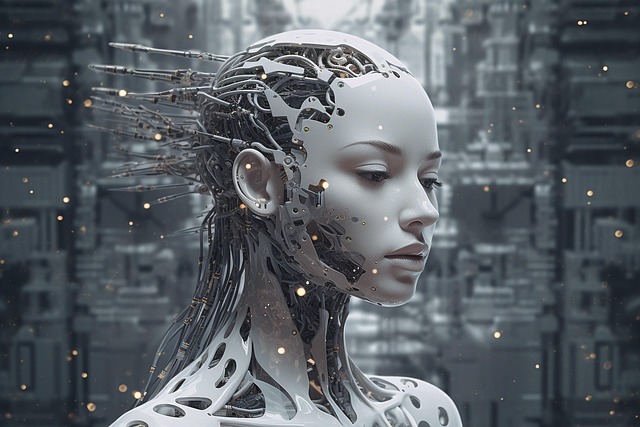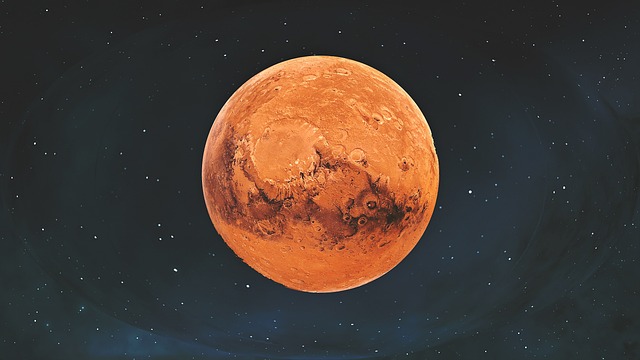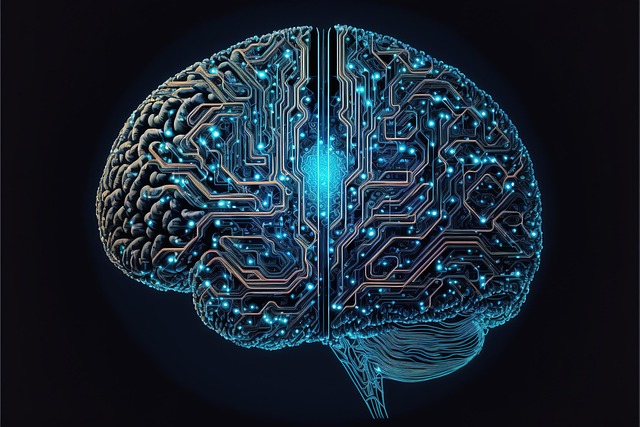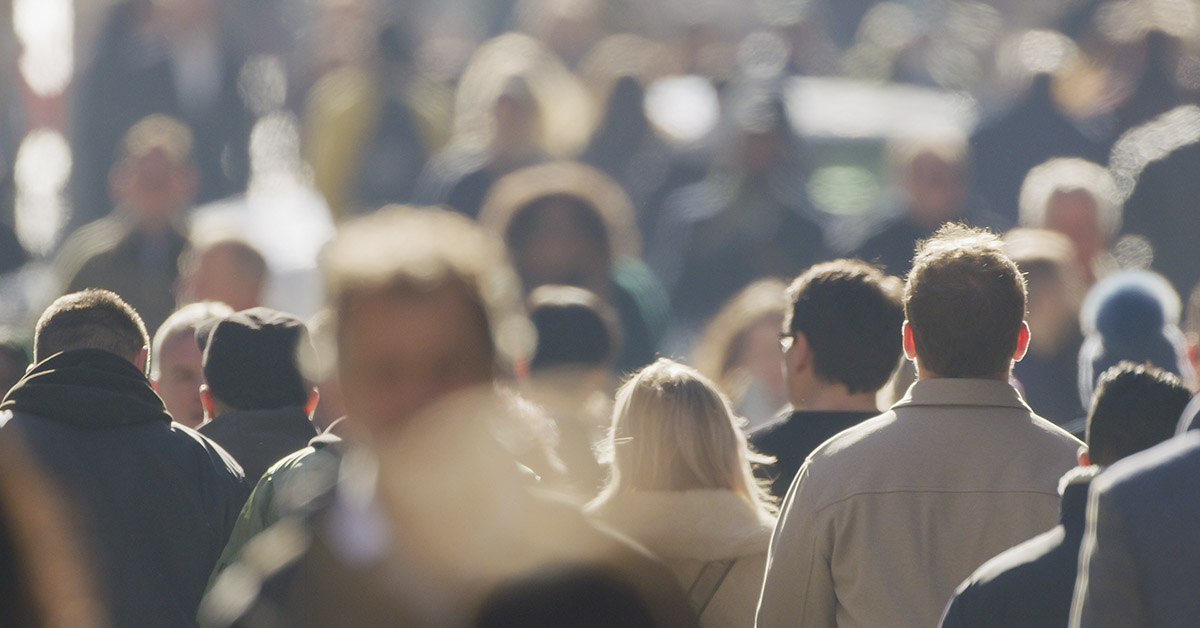AI has recently exploded in popularity and relevance across many different spheres. It’s hard to come across a product that doesn’t have AI integrated into its design. But what are the long-term AI consequences? Could AI reduce Earth’s population? Well, one expert believes so and has warned of an AI-driven population decline. How real is this risk, and is anyone doing anything to prevent it? We will explore these questions in the article below.
Could AI Reduce Earth’s Population?

According to a tech expert from Oklahoma, the simple answer is yes. He predicts that AI will become so prevalent that there will only be around 100 million humans left by 2300. According to the computer science professor at Oklahoma State University, Subhash Kak, “It’s going to be devastating for society and world society. I think people really don’t have a clue.” So, does Kak imagine some sort of scenario where AI rises up and destroys humanity through war? What does he envision being the cause of the AI-driven population decline?
They Took Our Jobs

No, the long-term AI consequences have more to do with how we make our livelihoods. According to Kak, robots will never have sentient consciousness, but will be able to do anything a human can do. Anything we get paid for doing now will be easily and cheaply replaceable in the future using AI labour. As AI’s abilities increase, we are already seeing it replace humans in many sectors of life. Soon, not even human lawyers or professors will be needed anymore. Even human physical contact and romance seem to be replaceable with AI chatbots and dolls.
Read More: This Street Interview With Two Partygoers Has Viewers Seriously Uncomfortable Thanks To AI
Long-Term AI Consequences

Experts predict that the birth rates will eventually nosedive as couples grow more hesitant to have children. This is hardly surprising, considering their children will likely be unemployed, and even the cost of raising children will be extremely high. Several demographers predict that the world population, and as a result, will plummet to around 100 million people by 2300. To put it into perspective, that’s around the same number of people that currently live in the United Kingdom. This means that many of the large cities across the world, such as New York and London, will turn into desolate, barren ghost towns.
Not Just A Theory

These predictions are not far off the mark when it comes to current trends. We are already witnessing these changes in real-time. According to Kak, “I have all the data in the book. This is not just my personal opinion. People have stopped having babies. Europe, China, Japan, and the most rapid fall in population right now is taking place in Korea.” While this does not guarantee that that trend will persist, it does seem like a taste of things to come in the future.
Read More: 9 Risks and Dangers of Artificial Intelligence
Rationale For Multi-Planetary Colonization

Elon Musk has been equally vocal about plummeting birth rates and used it as an example of why we should colonize Mars. According to Kak. “That’s why Musk is saying maybe humans should go to space, maybe build colonies elsewhere, so that, should such a tragedy were to hit Earth, then it could be reseeded.” However, neither of them seems to make it very clear how moving elsewhere would alleviate the AI-driven population decline threat. Would they be leaving AI behind when moving to Mars?
The AI Consequences of Artificial Companionship

One of the more subtle but significant implications of AI on society is the increasing demand for artificial friendship. With lifelike robots, AI-powered virtual companions, and emotional support chatbots growing more advanced, many individuals prefer digital interactions to human ones. This transition could have a huge impact on lowering birth rates. This is because emotional fulfillment and intimacy are increasingly attained through technology rather than human interaction. As loneliness is addressed using artificial simulation, traditional familial structures may disintegrate.
The Impact On the Economy

A sharp AI-driven population decline across the globe would cause significant economic upheaval. A lower population equals fewer consumers, a smaller workforce, and a diminishing tax base. Entire sectors could fail owing to a lack of demand, and governments could find it difficult to support social services and maintain infrastructure. This economic feedback loop may exacerbate the cycle, discouraging people from having children in an increasingly uncertain and computerized society. In such a future, our current society structures may become outmoded or unsustainable.
The Bottom Line On AI-Driven Population Decline

So, could AI reduce Earth’s population? It seems very possible. While AI provides numerous benefits, its long-term impact on human behavior and procreation may be far more significant than we ever expected. If these current trends persist, we may need to reassess the role these technologies play in our lives and how much they could impact the future of humanity. While AI can help us with many tasks, replacing us shouldn’t be one of them.
Read More: Boy Visits 17 Doctors Over 3 Years for Chronic Pain—ChatGPT Sheds Light on Diagnosis

